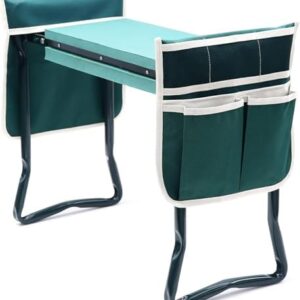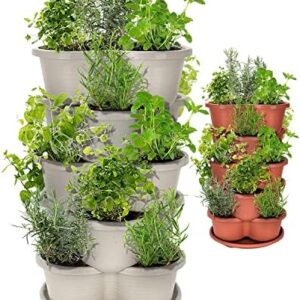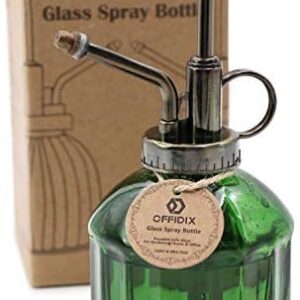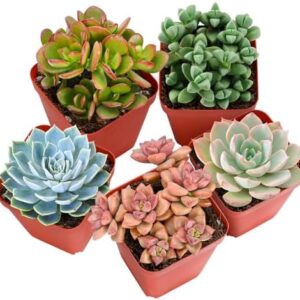Composting 101: Everything You Need to Know to Get Started in Your Garden
Composting is like nature’s way of recycling. It’s the process of breaking down organic materials, such as food scraps, yard waste, and paper, into a nutrient-rich soil amendment that can be used to fertilize your garden. Not only does composting help reduce waste going to landfills, but it also improves soil health and promotes plant growth. If you’re new to composting or looking to start your own compost pile, here’s everything you need to know to get started.
The Basics of Composting
Composting is a natural process that occurs when bacteria, fungi, and other microorganisms break down organic materials. These organisms thrive in an environment that has the right balance of carbon and nitrogen, moisture, and oxygen. Carbon-rich materials, such as dry leaves, straw, and paper, provide energy for the microorganisms, while nitrogen-rich materials, such as food scraps, grass clippings, and manure, provide protein for their growth.
To start a compost pile, you’ll need a mix of carbon and nitrogen-rich materials, as well as water and air. Layer these materials in a bin or pile, making sure to mix them regularly to ensure proper aeration. The composting process can take anywhere from a few weeks to several months, depending on the materials used, the size of the pile, and environmental conditions.
Choosing a Composting Method
There are several methods for composting, each with its own pros and cons. The most common methods include:
1. Traditional composting: This method involves creating a pile or bin of organic materials, such as food scraps, yard waste, and paper, and letting it decompose naturally over time. Traditional composting is simple and effective but may take longer to produce finished compost.
2. Vermicomposting: Vermicomposting uses composting worms, such as red wrigglers, to break down organic materials. These worms help speed up the composting process and produce high-quality compost. Vermicomposting is ideal for those with limited space or who want to compost indoors.
3. Bokashi composting: Bokashi composting uses a special mix of microorganisms to ferment organic materials in an airtight container. This method can compost a wide range of materials, including meat and dairy, and produces compost quickly. Bokashi composting is ideal for apartment dwellers or those with limited outdoor space.
Getting Started with Composting
To get started with composting, follow these simple steps:
1. Choose a location: Select a location for your compost pile or bin that is convenient and receives sunlight for at least part of the day. Make sure the area is well-drained and away from any structures or water sources.
2. Gather materials: Collect a mix of carbon and nitrogen-rich materials, such as food scraps, yard waste, and paper, to start your compost pile. Avoid adding meat, dairy, oils, or pet waste, as these can attract pests or pathogens.
3. Build your compost pile: Layer the materials in your compost bin or pile, starting with a thick base of carbon-rich materials, followed by nitrogen-rich materials, and water. Mix the pile regularly to ensure proper aeration and add more materials as needed.
4. Maintain your compost pile: Keep your compost pile moist but not waterlogged, and turn it regularly to speed up the composting process. Add more materials as needed to maintain the right balance of carbon and nitrogen.
Using Compost in Your Garden
Once your compost is ready, you can use it to fertilize your garden and improve soil health. Compost can be added to planting holes, mixed into potting soil, or used as a topdressing around plants. The nutrients in compost help feed plants, improve soil structure, retain moisture, and suppress diseases.
Composting is not only good for your garden but also good for the environment. By diverting organic waste from landfills, you can reduce greenhouse gas emissions and conserve valuable resources. Plus, composting helps promote biodiversity and support healthy ecosystems.
In conclusion, composting is a simple and rewarding way to recycle organic materials and improve soil health in your garden. Whether you’re a beginner or a seasoned gardener, there’s no better time to start composting than now. Follow these tips and get ready to reap the benefits of nutrient-rich compost in your garden. Happy composting!






